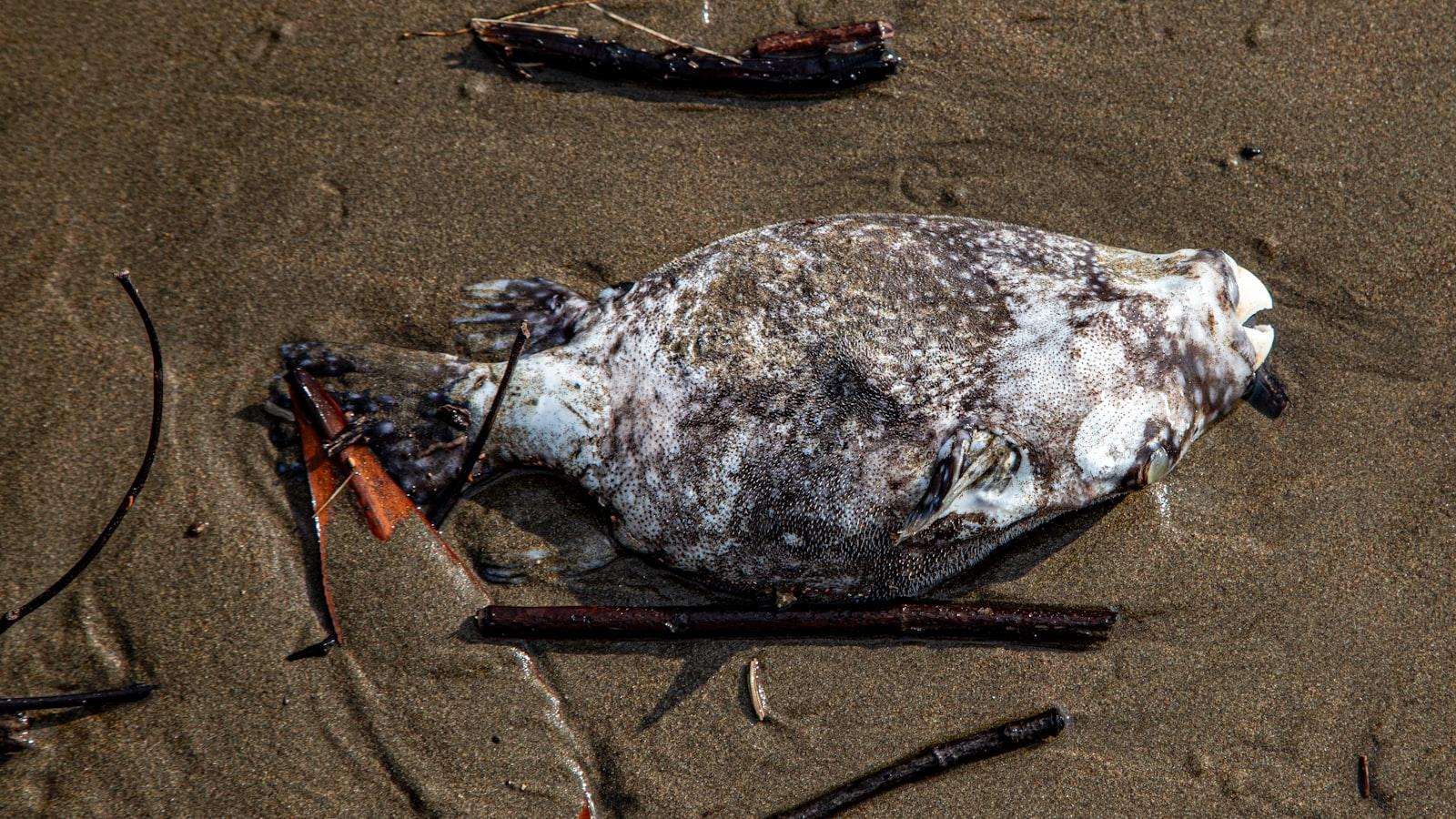When a loved one passes away, the task of closing their bank account can be a complex and overwhelming process. As experienced probate attorneys at Morgan Legal Group in New York City, we understand the importance of navigating the legal complexities surrounding the closure of a deceased individual’s bank account. In this article, we will explore the intricate details of who has the authority to close a bank account when someone dies, and the necessary steps that must be taken to ensure a smooth transition of assets. Join us as we shed light on this often overlooked aspect of estate planning and probate law.
Legal authority to close a deceased person’s bank account
The lies with the individual named as the executor or personal representative of the estate. This authority is granted through a document called Letters Testamentary or Letters of Administration, which are issued by the Surrogate’s Court. The person named as the executor in the deceased person’s will or the next of kin if there is no will can apply for these letters.
Once the executor has obtained the necessary legal authority, they can proceed to close the deceased person’s bank account. It is important to gather all relevant documentation, including a death certificate, the deceased person’s will (if applicable), and the Letters Testamentary or Letters of Administration. The executor should also notify the bank of the person’s death and provide all necessary paperwork to facilitate the closure of the account.

Procedures for closing a bank account after someone dies
When a loved one passes away, their bank account will need to be closed to begin the process of distributing their assets. Closing a bank account after someone dies can be a complex process that requires careful attention to detail. It is important to follow the proper procedures to ensure that the account is closed correctly and that the funds are distributed according to the deceased’s wishes.
Typically, only certain individuals are authorized to close a bank account after someone dies. The following individuals may have the legal authority to close the account:
- Executor or Administrator: The individual appointed by the court to administer the deceased’s estate.
- Joint Account Holder: If the deceased had a joint account holder, that individual may have the authority to close the account.
- Beneficiary: If the account has a designated beneficiary, that individual may be able to close the account and access the funds.

Responsibilities of the deceased’s estate executor or administrator
When someone passes away, their estate executor or administrator takes on the responsibility of handling their financial affairs, including closing bank accounts. It is important to note that not just anyone can close a deceased person’s bank account. Only the designated executor or administrator of the deceased’s estate has the legal authority to do so.
The responsibilities of the estate executor or administrator in closing a bank account include:
- Obtaining the death certificate: The executor or administrator must provide a certified copy of the deceased person’s death certificate to the bank as proof of their passing.
- Notifying the bank: The executor or administrator should notify the bank of the deceased person’s passing and request to close the account.

Options for handling joint bank accounts owned by the deceased and another individual
When dealing with joint bank accounts owned by the deceased and another individual, it is important to understand the options available for handling such accounts. One option is to close the account entirely, either by the surviving account holder or through the probate process. Another option is to keep the account open and transfer ownership to the surviving account holder.
It is crucial to note that the process of closing a bank account when someone dies can be complex and may require legal guidance. The individual who can close the account will depend on various factors, such as the terms of the account agreement and state laws. Consulting with a knowledgeable estate planning attorney can provide clarity on the best course of action to take in handling joint bank accounts after the death of one of the account holders.
Q&A
Q: Who has the authority to close a bank account when someone dies?
A: The executor or administrator of the deceased’s estate is typically responsible for closing their bank account.
Q: What documents are required to close a bank account after someone passes away?
A: The death certificate, proof of identity for the executor or administrator, and any necessary legal documents such as a will or estate documents may be required.
Q: Can joint account holders close a bank account after the other person dies?
A: Yes, joint account holders can usually close the account upon the death of the other person without additional documentation.
Q: What happens to the funds in a deceased person’s bank account once it is closed?
A: The funds are typically distributed according to the deceased’s will or state laws if there is no will in place.
Q: Is it necessary to notify the bank of a person’s death in order to close their account?
A: Yes, it is important to notify the bank of the person’s death in order to close their account and access any necessary information or documents.
In Conclusion
In the unfortunate event of a loved one passing away, there are important matters that need to be addressed, such as closing their bank account. It is crucial to follow the proper procedures and documentation to ensure a smooth process. Remember to contact the bank directly for specific instructions on how to close the account and to provide any necessary documentation. By handling this task responsibly, you can help alleviate some of the administrative burdens during this difficult time. Thank you for reading and may you find peace and clarity in navigating this process.


